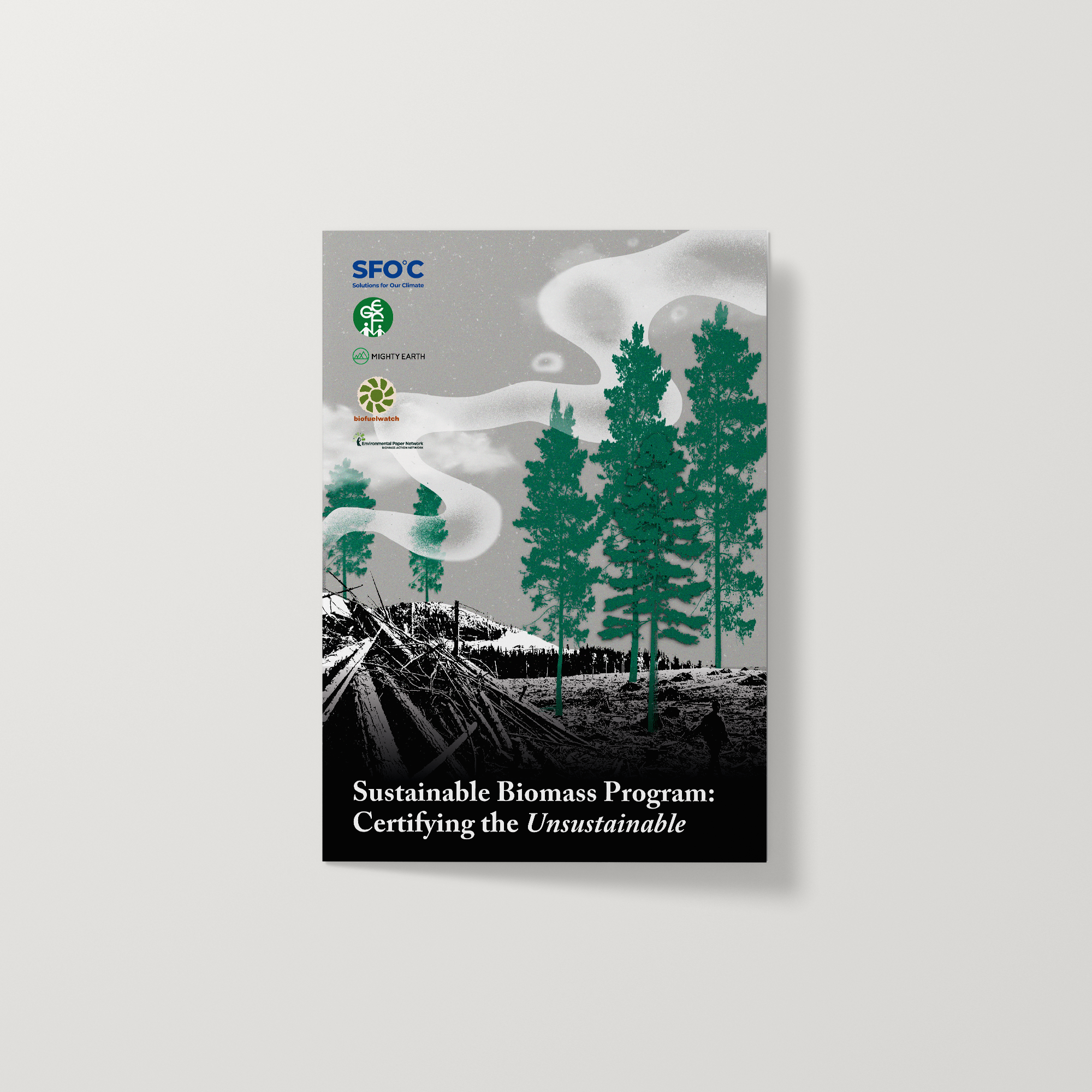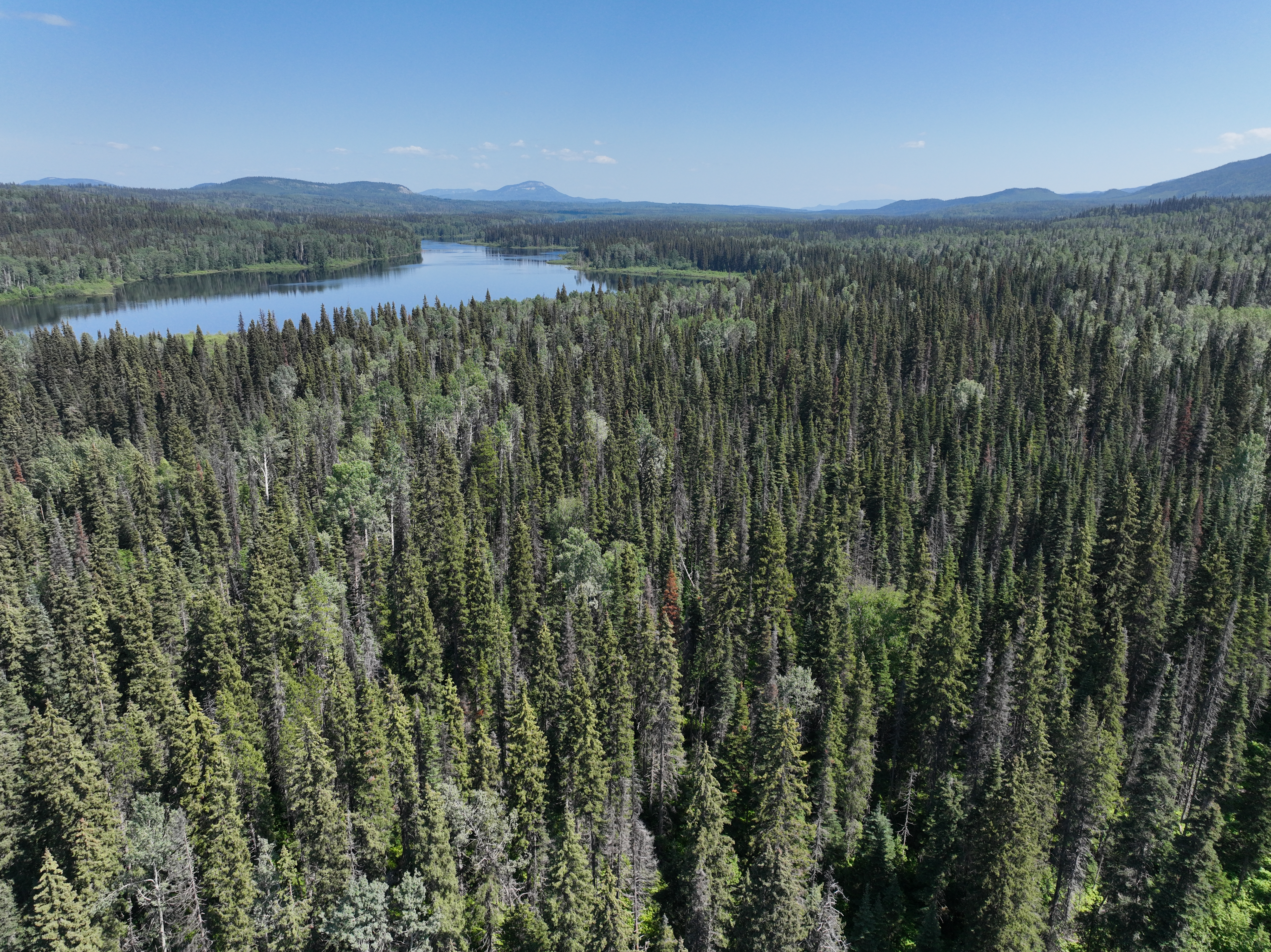New report calculates South Korea’s nature finance gap for 2030 to be 2.67 billion USD with the ‘Big Five’ commercial banks failing to mobilize private financing
October 28, 2024 (SEOUL) – As global leaders mark the Finance and Biodiversity Day at the “Biodiversity COP (Conference of the Parties)” in Cali, new research reveals that South Korean banks are failing to engage with nature finance, putting them at risk to contributing to biodiversity loss. The study finds that the ‘Big Five’ Korean commercial banks (KB Kookmin, Shinhan, KEB Hana, Woori, NongHyup) invested nearly 1 billion USD in deforestation-risk sectors from 2020 to 2023. On the contrary, data on biodiversity investments was barely visible.

Figure 1: Nature-related policies of the Big Five Banks in South Korea (Image credit: SFOC)
A nature finance gap refers to the deficit in public and private funding required to meet nature-related goals, including those expressed in the Global Biodiversity Framework (GBF). The GBF was adopted after the Convention on Biological Diversity (CBD) COP15 in 2022, with 196 signees including South Korea. Target 19 of the GBF specifically calls for increasing financial resources by at least 200 billion USD annually for biodiversity by 2030. According to the Global Environmental Facility data shared with Carbon Brief, the annual contribution to the Global Biodiversity Framework Fund (GBFF) from developed countries remains under 250 million (not billion) USD as of August this year.
South Korea's fair share of financial contributions based on economic and environmental factors, is estimated at 2.67 billion USD. To comply with the GBF, Korea must reach 4.24 billion USD annually in biodiversity funding by 2030. Current funding, dominated by public spending, is around 1.57 billion USD, meaning that the figures of combined public and private finance should be almost tripled to meet the 2030 goal.

Figure 2: South Korea’s fair share of the Nature Finance gap amounts to 2.67 billion USD (Image credit: SFOC)
Research by the National Institute of Biological Resources (NIBR) estimates the South Korean public spending on biodiversity is expected to rise to 2.64 billion USD by 2030. This implies that the additional 1.60 billion USD to meet South Korea's biodiversity funding goal must come from the private sector. While there has been some progress by banks in the Netherlands and Denmark, South Korean financial institutions have only just begun to integrate biodiversity considerations into their frameworks and need prompt action to fill the forecast 1.6 billion USD private finance gap by 2030.
“South Korean banks now have a key opportunity to be among the early movers in Nature Finance by increasing biodiversity investments and adopting strong exclusion policies. Closing the 1.6 billion USD private finance gap is essential for Korea to meet its fair share of global biodiversity goals, and regulatory support is critical to enable banks manage nature-related risks and scale Nature Finance investments effectively,” said Eleonora Fasan, Program Officer at Solutions for Our Climate (SFOC).

Figure 3: The Big Five’s financial flows to biomass are estimated to be as big as those to pulp & paper from 2020 to 2023 (Image credit: SFOC)
The current trajectory is particularly alarming given that South Korea reached its Overshoot Day on April 4th, four days earlier than the average for high-income countries. As Korea’s natural resource demand is largely fulfilled by other biodiverse countries, like Indonesia, the reliance on imported deforestation-risk commodities further amplifies its ecological footprint. This is exacerbated by the South Korean banks’ risky investments in palm oil, pulp & paper, and biomass.
"Large-scale biomass energy is destroying biodiversity at escalating rates through industrial clear cutting of natural forests as well as conversion of natural ecosystems to monoculture plantations, and should not be supported by government incentives or private finance," said Peg Putt, Policy and Campaigns Coordinator, Biomass Action Network.
"Forests across British Columbia are in ecological crisis, and yet we still see trees from the most rare, old, and biodiverse forests being turned into wood pellets and exported to countries like South Korea. Our planet cannot afford this dangerous distraction, especially at a time when it is more important than ever to protect carbon-rich forests in Canada -- instead of subsidizing industries complicit in their destruction,” said Tegan Hansen, Senior Forest Campaigner at Stand.earth in Canada, from COP16 in Cali, Colombia.
Nevertheless, while South Korea is currently lagging to meet the GBF target, prompt action can, and must, lay the foundation for the country to transition to a forerunner. Building upon existing frameworks, South Korean banks can improve on policies, investment choices, and due diligence procedures, while the government and regulators can lay the foundation for this green transition by strengthening disclosure and reporting requirements. As key enablers for this transition, the National Biodiversity Strategy and Action Plan (NBSAP) can be strengthened, and the K-Taxonomy should be revised to exclude large-scale bioenergy projects.
ENDS.
Solutions for Our Climate (SFOC) is an independent nonprofit organization that works to accelerate global greenhouse gas emissions reduction and energy transition. SFOC leverages research, litigation, community organizing, and strategic communications to deliver practical climate solutions and build movements for change.
For media inquiries, please reach out to Yi Hyun Kim, Communications Officer, at yihyun.kim@forourclimate.org.
Share this insights





























![[Brief] South Korea’s international public finance continues to block a just energy transition](https://content.sfoc.tapahalab.com/images/research/RC5Kime.jpg)
![[Report] The Inconsistent 'Coal-Free Pledge' of Korea's National Pension Service](https://content.sfoc.tapahalab.com/images/research/VcDPdme.jpg)



![[Webinar] International webinar on enhancing due diligence of forest risk commodities' supply chains in Asia](https://content.sfoc.tapahalab.com/images/research/sjGudme.jpg)




![[Issue Brief] Assessment of Climate Change Policies of Major South Korean Financial Institutions](https://content.sfoc.tapahalab.com/images/research/a4ondme.jpg)
![[토론회] 한국형 녹색분류체계(K-Taxonomy), 무엇이 녹색경제활동인가](https://content.sfoc.tapahalab.com/images/research/bn8jdme.jpg)

![[Webinar] Palm Oil based Biofuels Policy and Socio-Environmental Impacts in Asia](https://content.sfoc.tapahalab.com/images/research/BOpldme.jpg)







